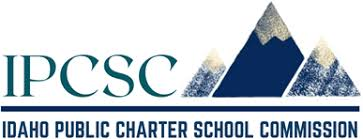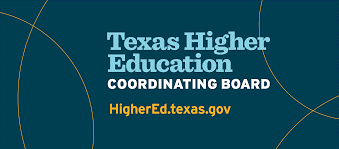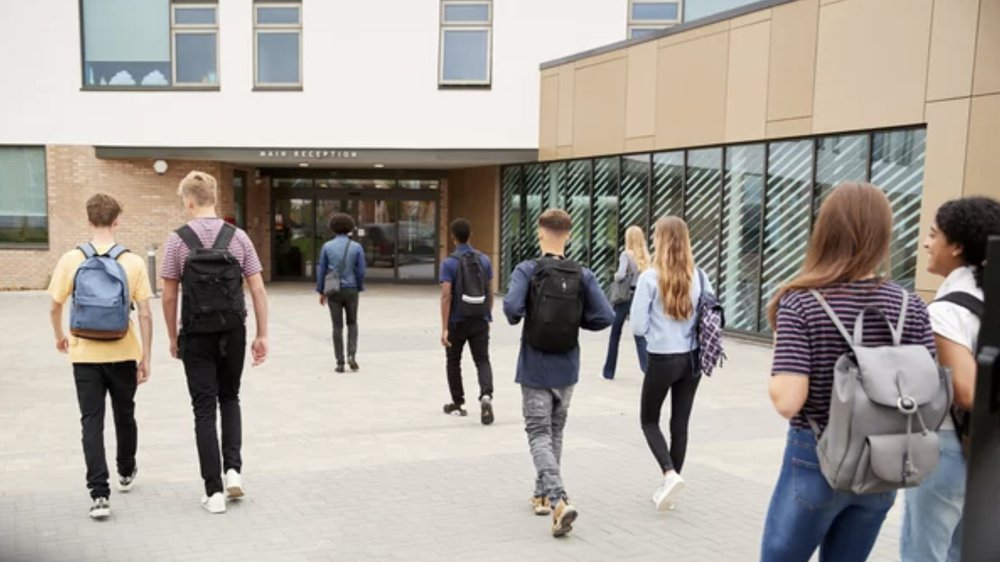Charter school overhaul clears major hurdle, advances to House – By Ryan Suppe – ID Ed News
Alex Adams, Gov. Brad Little’s budget chief, appeared to satisfy early skepticism for a bill that would overhaul Idaho’s charter school regulations.
The House Education Committee almost unanimously advanced the legislation after a lengthy public hearing Thursday. Dubbed the “Accelerating Public Charter Schools Act,” the bill is a sweeping revision of the rules governing charter school applications, operations and reauthorizations.
Charter school administrators and policymakers mostly praised the effort, which supporters have touted as a consolidation of lessons learned in the 26 years since Idaho enacted charters.

Texas is revamping how community colleges are funded. Here are some of the proposed rules. – By Lily Kepner, Austin American-Statesman
Texas' new community college performance-based funding model might be revamped for fiscal year 2025, according to new rules proposed at the Texas Higher Education Coordinating Board's January meeting.
Emily Cormier, assistant commissioner for funding and resource planning, on Thursday presented several new credentials of values that could qualify for higher education state funding as well as tweaks to reduce double counting.
The proposed rules are designed to provide further incentives for community colleges to invest in high-demand credentials that reflect state and regional workforce needs, and to reward schools when students complete their credentials on time.
The Texas Legislature passed House Bill 8 in its last regular session, and it was signed into law in June. It gives community colleges millions in additional money and shifts them away from an enrollment metrics funding model to a merit-based one. Community colleges will receive state money based on how many degrees, certificates, transfers and credentials of value they award.

With child care increasingly unaffordable, Virginia lawmakers propose long-term fixes - By Nathaniel Cline, Virginia Mercury
As federal relief funds dry up, Virginia policymakers are increasingly looking for solutions to residents’ problems in securing affordable childcare.
Jess Mullins Fullen, a mother of two children in Southwest Virginia, said she and her husband work full-time to pay for their most expensive cost: childcare.
“There are bigger issues in the world, but workforce support and child care is one of those things where if I’m feeling the impacts — and I can admit that I have certain privileges because of my job and because I’m able to stay at home — I can’t imagine what it’s like for people who don’t have that same kind [of] fluidity when it comes to their workspace,” said Mullins Fullen.
Now, legislators and Gov. Glenn Youngkin’s administration have put forward more than a dozen bills and budget proposals that focus on increasing the flow of funding to early childhood education and childcare, expanding program eligibility and bolstering the provider pool by removing certain requirements and offering incentives.

School resource officers top Minnesota lawmakers' education to-do list – By Elizabeth Shockman, Minnesota Public Radio
Following a historic legislative session that delivered a big boost in K-12 funding, Minnesota lawmakers say the coming session for schools will be one of adjustments around literacy, school meals, civics education and school resource officers.
Gov. Tim Walz has already promised to revisit state law limiting use of force in schools after police agencies in several districts pulled school resource officers last year over what they described as ambiguities in the law. Those changes are a priority for Republicans.
“It's important that we figure out how to get those resource officers back in the schools and we make sure we get some of those de-escalation and security issues handled so it’s not all falling on the teachers,” said state Rep. Ron Kresha of Little Falls, the lead Republican on the House Education Finance Committee.
DFL committee chairs have said they want to go over allocations for the universal school meals program, literacy efforts, student mental health needs and school transportation. They’re also looking for ways to address teacher shortages.











